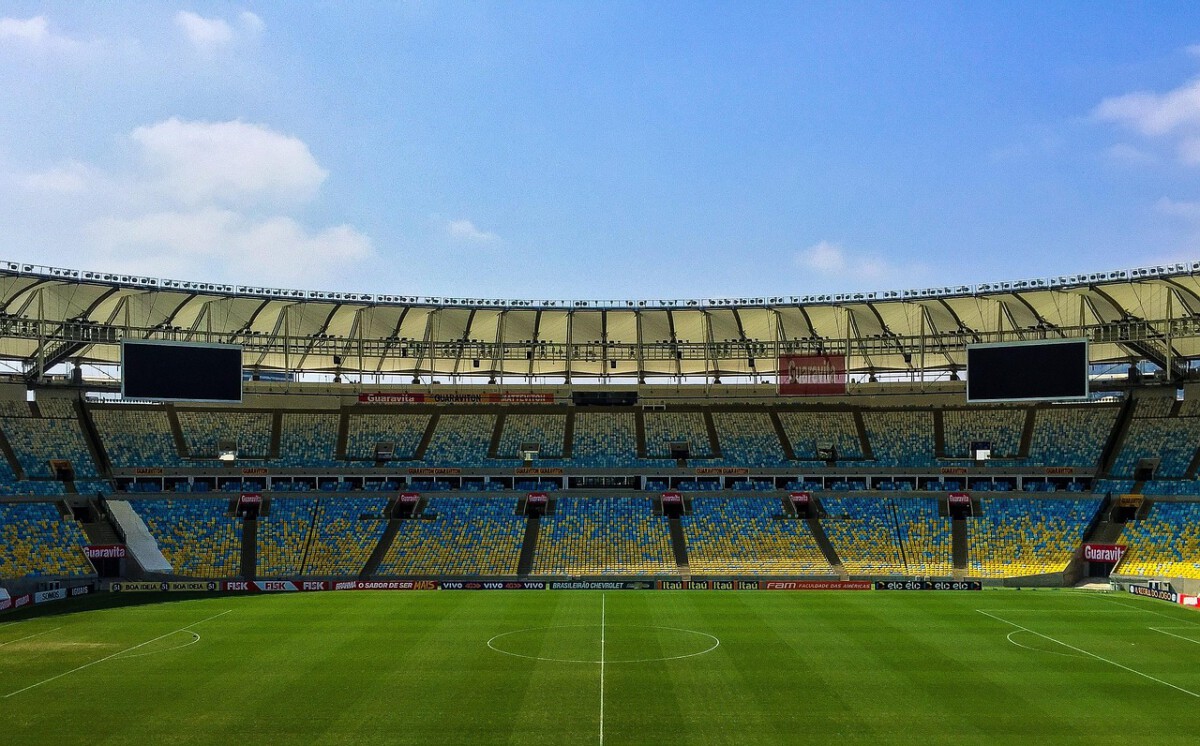
A Bold Idea Hanging in the Air (Image Credits: Pixabay)
Los Angeles – Imagine zipping above the bustling streets toward Dodger Stadium on a crisp evening, the city lights twinkling below like scattered stars, yet whispers of unease ripple through nearby neighborhoods.
A Bold Idea Hanging in the Air
Picture this: a sleek gondola gliding from Union Station straight to Dodger Stadium, cutting commute times to just minutes. It’s a vision that’s excited traffic-weary Angelenos for years. But now, as the project nears a critical juncture, the Metro board has decided against a full debate, letting it potentially sail through without much fanfare.
This move surprises many who expected heated discussions on everything from environmental effects to neighborhood changes. Instead, a recent committee vote recertified the environmental report, paving the way forward. Still, the absence of broader board input leaves questions lingering, especially around safety and community well-being.
Supporters argue it’s a smart, private-funded solution to ease game-day gridlock. Yet critics wonder if skipping the debate buries deeper issues too soon.
Crime Concerns That Won’t Fade
One of the loudest alarms comes from fears that the gondola could stir up crime in already vulnerable areas. Neighborhoods along the route, like those in Chinatown and Dodger Stadium’s shadow, worry about increased foot traffic drawing unwanted attention after dark.
Local advocates point to past events at the stadium where crowds have spilled into streets, sometimes leading to incidents. They fear the gondola might amplify this, turning quiet residential spots into hotspots for petty theft or worse. Metro’s environmental review touched on traffic and noise, but crime projections feel light to many observers.
Though no major spikes are predicted in official docs, residents aren’t buying it. They’ve rallied at meetings, sharing stories of existing challenges and demanding more safeguards like better lighting and patrols.
City Hall Pushes Back Hard
The Los Angeles City Council didn’t hold back, voting overwhelmingly to urge Metro to halt the project. They labeled it a flashy but flawed “gimmick” costing half a billion dollars, with little real benefit for everyday transit users.
Mayor Karen Bass echoed some doubts in a brief statement during a recent hearing, though she kept it short at just 21 seconds. Her office has stressed the need for projects that truly serve the public, not just boost stadium access. This resolution carries weight, even if it’s advisory, signaling strong local resistance.
Council members highlighted how the gondola might gentrify areas, pricing out families and indirectly fueling social tensions that breed crime. It’s a reminder that infrastructure dreams can clash with on-the-ground realities.
Legal Hurdles and Comebacks
Lawsuits have dogged the gondola since early planning stages, challenging the initial environmental impact report for overlooking key risks. Environmental groups sued, arguing it downplayed effects on wildlife, views, and yes, public safety.
In response, Metro’s committee stepped in last week to recertify a revised report, addressing some critiques but not silencing all doubters. The updates include more on construction noise and route tweaks, yet crime mitigation plans remain vague.
These back-and-forths show the project’s resilience, backed by former Dodgers owner Frank McCourt’s team. But each delay chips away at momentum, especially as public opinion sours.
Voices from the Streets
On social media and at public forums, opinions split sharply. Fans love the idea of ditching parking hassles, posting about how it could transform game nights into seamless adventures.
Others, especially locals, vent frustrations over privacy invasions from the elevated line and potential for rowdy crowds. Posts on X capture the divide: excitement for innovation versus dread of disrupted lives. One common thread? Calls for Metro to at least discuss crime head-on.
- Pro-gondola fans: Reduces cars on roads, opens parking lots for housing.
- Opponents: Risks to quiet neighborhoods, unproven safety benefits.
- Neutrals: Need better data on long-term impacts.
- Transit experts: Could integrate with broader rail plans if done right.
- Residents: More community input before any shovels hit dirt.
What’s on the Horizon?
With the board opting out of debate, the project could advance to final approvals soon, possibly breaking ground in the coming years. Metro insists the committee’s work covers the bases, but that hasn’t quelled the storm.
Looking ahead, expect more lawsuits or council pressure to intervene. If built, the gondola might redefine access to one of LA’s icons, but only time will tell if it heals or harms the surrounding communities.
| Aspect | Pro | Con |
|---|---|---|
| Traffic | Fewer cars, quicker trips | Construction chaos |
| Crime/Safety | Potential for monitored routes | Increased activity in sensitive areas |
| Cost | Private funding | Half-billion price tag |
Key Takeaways
- Metro’s no-debate stance speeds things up but risks overlooking crime worries.
- City Council’s opposition highlights broader community and equity issues.
- Future success hinges on addressing safety through real engagement.
In the end, this gondola isn’t just about getting to the game – it’s a test of how LA balances progress with protecting its people. Will it soar or stall? What do you think about it? Tell us in the comments.





